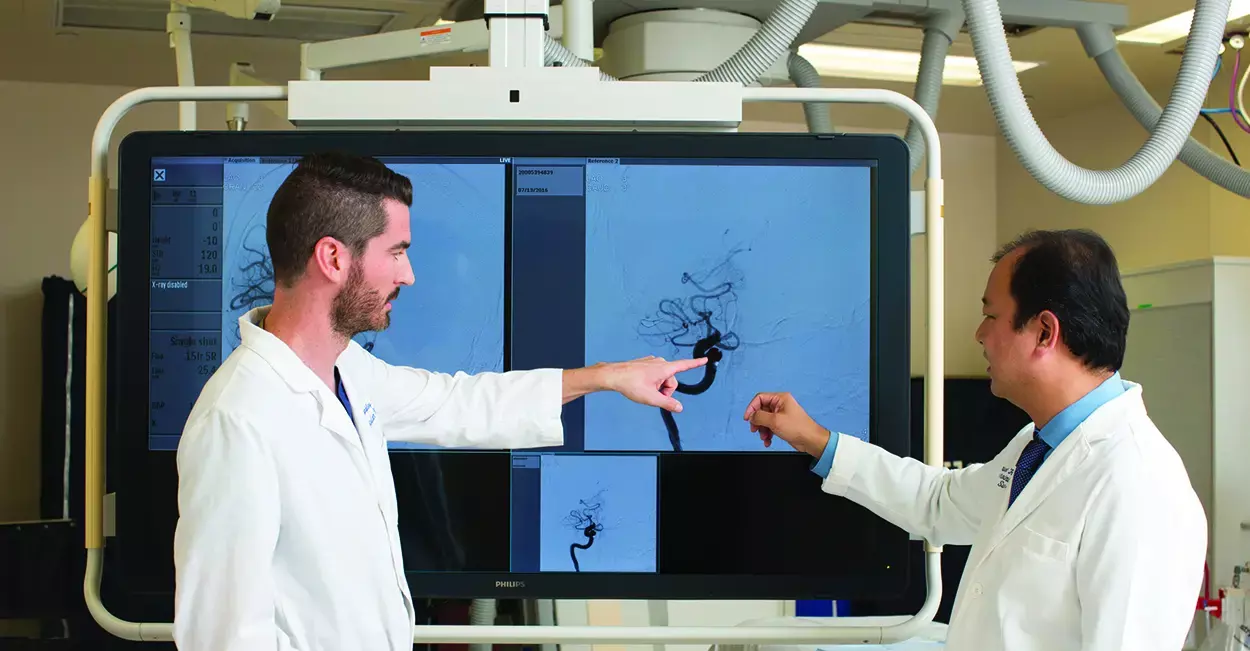- Home
- Medical news & Guidelines
- Anesthesiology
- Cardiology and CTVS
- Critical Care
- Dentistry
- Dermatology
- Diabetes and Endocrinology
- ENT
- Gastroenterology
- Medicine
- Nephrology
- Neurology
- Obstretics-Gynaecology
- Oncology
- Ophthalmology
- Orthopaedics
- Pediatrics-Neonatology
- Psychiatry
- Pulmonology
- Radiology
- Surgery
- Urology
- Laboratory Medicine
- Diet
- Nursing
- Paramedical
- Physiotherapy
- Health news
- Fact Check
- Bone Health Fact Check
- Brain Health Fact Check
- Cancer Related Fact Check
- Child Care Fact Check
- Dental and oral health fact check
- Diabetes and metabolic health fact check
- Diet and Nutrition Fact Check
- Eye and ENT Care Fact Check
- Fitness fact check
- Gut health fact check
- Heart health fact check
- Kidney health fact check
- Medical education fact check
- Men's health fact check
- Respiratory fact check
- Skin and hair care fact check
- Vaccine and Immunization fact check
- Women's health fact check
- AYUSH
- State News
- Andaman and Nicobar Islands
- Andhra Pradesh
- Arunachal Pradesh
- Assam
- Bihar
- Chandigarh
- Chattisgarh
- Dadra and Nagar Haveli
- Daman and Diu
- Delhi
- Goa
- Gujarat
- Haryana
- Himachal Pradesh
- Jammu & Kashmir
- Jharkhand
- Karnataka
- Kerala
- Ladakh
- Lakshadweep
- Madhya Pradesh
- Maharashtra
- Manipur
- Meghalaya
- Mizoram
- Nagaland
- Odisha
- Puducherry
- Punjab
- Rajasthan
- Sikkim
- Tamil Nadu
- Telangana
- Tripura
- Uttar Pradesh
- Uttrakhand
- West Bengal
- Medical Education
- Industry
More Microvascular Complications Raise Heart and Death Risk in Diabetes, reveals study

The researchers have discovered that the increase in microvascular complications in individuals who have type 2 diabetes greatly raises their risk of cardiovascular events and mortality. The results highlight the importance of early intervention and individualized management in patients with poly-microvascular complications, since such patients are at significantly increased risk of heart attack, stroke, and all-cause mortality. The study was published in Diabetes Research and Clinical Practice by Chun-Ta Huang and fellow researchers.
4,527 people with type 2 diabetes took part in the study. Participants were divided into groups according to how many microvascular diseases they had:
• Group 0: no microvascular complications
• Group 1: one microvascular complication
• Group 2: two or more microvascular complications
The main outcome that was measured was a composite of three severe health events: stroke, myocardial infarction (heart attack), and death. Participants were followed up for a median of 3.3 years by researchers to monitor these events.
Key Findings
A clear dose-dependent association was shown by the study between the amount of microvascular complications and severe health outcomes:
• 13.07 per 1,000 person-years for Group 0
• 22.98 per 1,000 person-years for Group 1
• 35.52 per 1,000 person-years for Group 2
• Group 2 patients experienced the greatest risk of a primary outcome with a hazard ratio (HR) of 1.73 and a 95% confidence interval (CI) of 1.16–2.59 when compared to patients without microvascular complications.
When the analysis is performed for particular secondary outcomes:
• The risk of stroke was considerably greater among Group 2 patients (HR: 2.61; 95% CI: 1.19–5.73)
• The risk of myocardial infarction also rose in Group 2 (HR: 1.67; 95% CI: 1.03–2.70)
Overall, the occurrence of more than one microvascular complication in type 2 diabetic patients drastically increases the risk of stroke, myocardial infarction, and mortality. This Taiwanese experience highlights the need to recognize and treat microvascular diseases at the early stages of diabetes. A focused, preventive approach may lower the burden of macrovascular disease and enhance long-term outcomes in this high-risk group.
Reference:
Chun-Ta Huang, Chiao-Ya Chan, Ming-Chieh Tsai, Shih-Ming Chuang, Sung-Chen Liu, Ming-Nan Chien, Chih-Yuan Wang, Horng-Yih Ou, Chun-Chuan Lee, Microvascular diseases predict mortality and cardiovascular events in type 2 diabetes: A retrospective cohort study, Diabetes Research and Clinical Practice, 2025, https://doi.org/10.1016/j.diabres.2025.112356.
Dr Riya Dave has completed dentistry from Gujarat University in 2022. She is a dentist and accomplished medical and scientific writer known for her commitment to bridging the gap between clinical expertise and accessible healthcare information. She has been actively involved in writing blogs related to health and wellness.
Dr Kamal Kant Kohli-MBBS, DTCD- a chest specialist with more than 30 years of practice and a flair for writing clinical articles, Dr Kamal Kant Kohli joined Medical Dialogues as a Chief Editor of Medical News. Besides writing articles, as an editor, he proofreads and verifies all the medical content published on Medical Dialogues including those coming from journals, studies,medical conferences,guidelines etc. Email: drkohli@medicaldialogues.in. Contact no. 011-43720751


